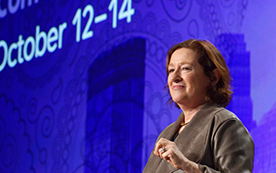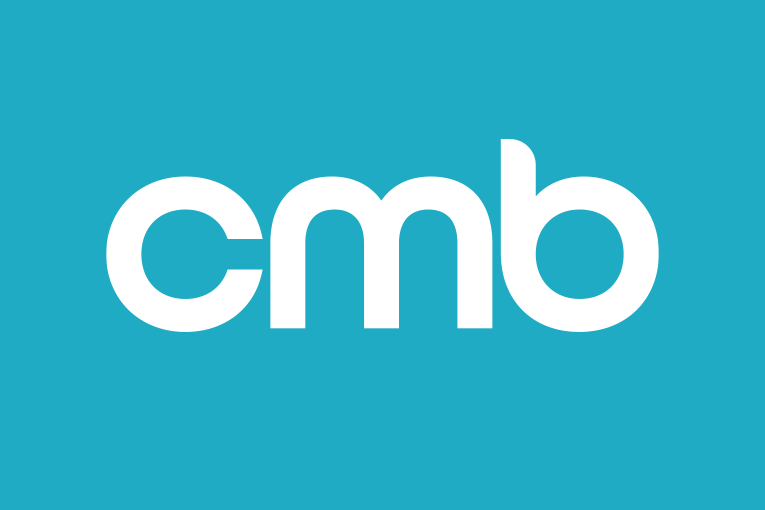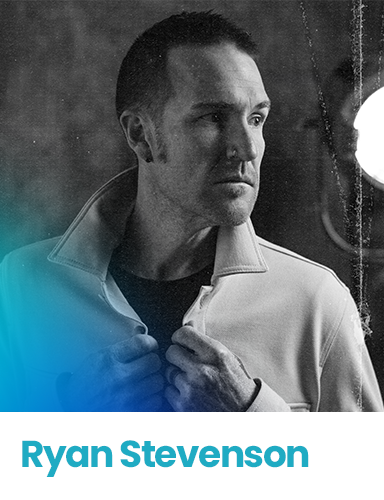
The Voicetracking Conundrum
Voicetracking has singlehandedly changed the way we do our work more than any other technological advance in the last 20 years.
You may read that sentence and celebrate all the opportunities that voicetracking now affords radio operators… access to new talent, cost savings, expanded workloads, etc., all created by air talent not having to be tied to a studio 24/7.
Or, you could read that sentence and curse under your breath, having lost your gig to some guy in another city that now voicetracks on 14 different stations as your company used this technology to consolidate resources and liquidate a bunch of live, local personalities, including you.
For me, I’m kind of in the middle.
Here is my issue. A survey of several Christian broadcasters reveals that the going “rate” for hiring a voicetracker is $25 – $50 per show. That’s not a lot of money, so if the voicetracker values their time and wants to make some decent money, their only path forward is to turn voicetracking into a volume business. Doing so makes SPEED the way to create a better income, rather than excellence. In other words, “if I get paid $30 for a show, and I can track 2 shows in 1 hour, in essence I am making $60 an hour!”
At my first real radio job (WBNQ / Bloomington, IL), I did 7P – 12M on Saturdays, and made $12 / hour. Do the math, and that means for a 5 hour shift I made $60. That was good money for a college kid having the time of his life on a top 40 station in 1986. What is baffling to me is that my casual survey of stations in Christian radio that hire voicetrackers to cover prime dayparts (for example, middays Monday through Friday) are paying a lot less per show than what I made on a Saturday night show over 30 years ago. Something is very wrong with that.
Let me state this without hesitation: the people who voicetrack for a living (or even for a side hustle) are not at fault. This problem was created by and continues to be perpetuated by program directors and GM’s who have lessened the value of the on-air talent under the delusion of somehow being able to save your way to success.
Sadly, the problem has created an inferior product. It’s not that uncommon to hear voicetracks play on a station with the wrong call letters /station name, no local content, tracks with no connection to the music whatsoever – where it is obvious that the talent has no idea what song was playing right before their track played, and breaks where the content was just re-edited with a different station name backsell at the front. Again, as PD’s and operators, when we are not willing to pay for excellence, we force voicetrackers to create value for themselves by speed, and our stations suffer as a result.
The role of air talent in our format (more so than most other radio formats) is paramount to our success, no matter if that success is measured by Kingdom impact, or fundraising efforts, or ratings. Excellent on- air talent are the bridge builders to new incoming audience of a radio station filled with unfamiliar music, and they have the difficult job of being instantly likeable and familiar – the person who feels like an old friend after just meeting them.
Where do we go from here? I believe the solution is two-fold. First, if you are a voicetracker and you are committed to doing your job with excellence, think about raising your rate. If the numbers I’ve talked about earlier in this post are in line for you, there is a high possibility that the station you are voicetracking for is paying more to outsource their cleaning services than they are paying you.
Lastly, for program directors or station managers, give every voicetracker on your station that you feel like is an important part of your sound a raise. Any smart business owner (no matter the industry) would tell you that you cannot cut spending on mission-critical, core functions of the business and expect to grow, but that is exactly what we are doing when we pay the equivalent of minimum wage or less to the spokespeople for our radio station. If you are going to outsource that role to people outside your organization, that is fine – but you owe it to your mission, your board, and your donors to compensate that role properly so that it is the best that it can be. It is that important.






















































































































